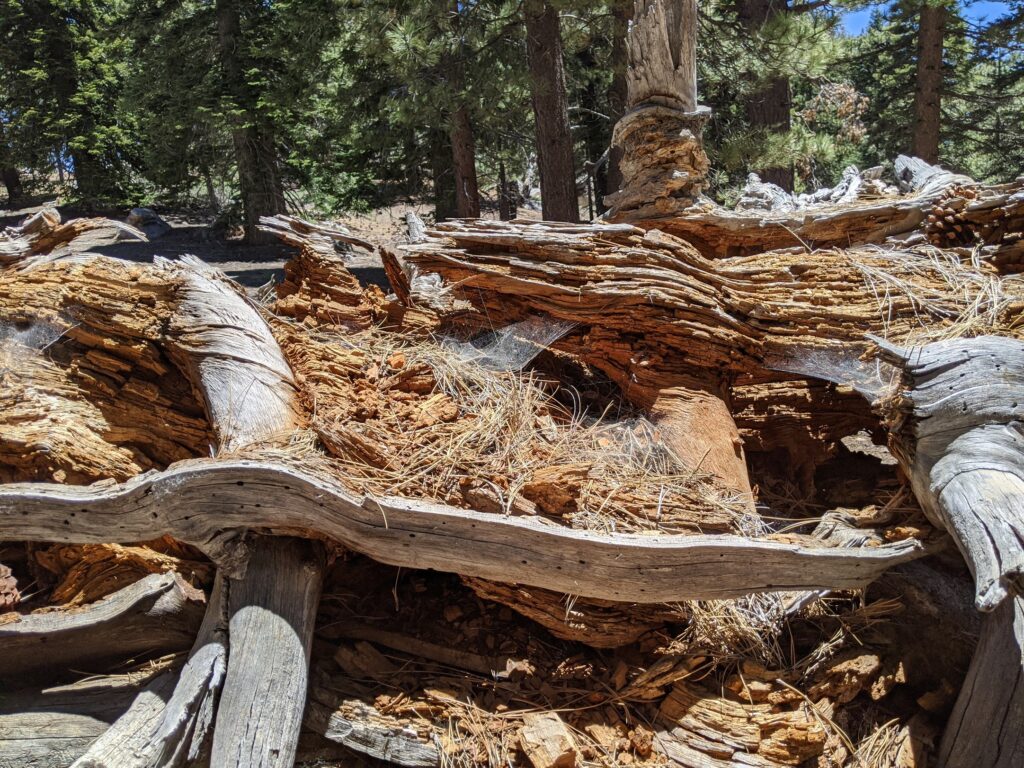This blog is for those of you that find yourself homeschooling for the first time. As a former alternative school principal, former professor of education, teacher and parent very involved in my own children’s schoolingI have one central piece of… Read More
The Learning Zone – Sprouting Beans
In the previous activity we talked about learning as a fun process that should expand, extend and enrich your child’s interests and understandings. We also talked about the learning zone as they place between what your child can already do… Read More
Interest Based Learning
Learning should be fun and should expand, extend and enrich your child’s interests and understandings. For example, if your child loves to free build with Legos, encourage them to do so. If they don’t know about cantilevering or symmetry work… Read More
It’s All About Relationships!
Today’s activity is for your family to work together to: (1) produce a list of as many of the elements in your home food system as you can think of, (2) make a sketch of as many of the relationships… Read More
Representing Mutualistic Relationships
In the last several last homeschooling tips we talked about mutualistic relationships. In this tip I’ll introduce a tool that you can use to represent such relationships (and others). It’s just a simple flow chart that lets you fill in… Read More
Using Relationships Among Plants in Gardens
In the last homeschooling tip, I talked about using mutualistic relationships as a resource in ecologically designed systems. I recommended that your family explore mutualistic relationships by observing how they work in unplanned physical groupings of organisms in nature. Now… Read More
Patterns that Connect
I am an advocate for ecological education. Ecological educators focus their attention on interactions, interdependencies, relationships and connections. This point of view has many implications for those of us who support children learning. One of those implications has to do… Read More
Patterns that Connect: Elaboration
Today, I want to elaborate on patterns that connect. The good news is that we have confirmation that an almost 3-year-old can work with patterns that connect. One young friend whose Mom had been talking with her about various patterns… Read More

Observing Closed Loops in Nature
Yesterday, I mentioned that cycles are a favorite pattern of mine. Truth-be-told, I think helping children learn about closed loop systems (my favorite type of cycle) is one of the most important things we can do at this time in Earth’s history.… Read More
Closing Loops at Home
Yesterday, we talked about observing closed loop systems in nature and looking at how materials mostly flow into and out of our homes in a linear way While we can’t mimic the efficiency with which natural systems recycle all outputs,… Read More